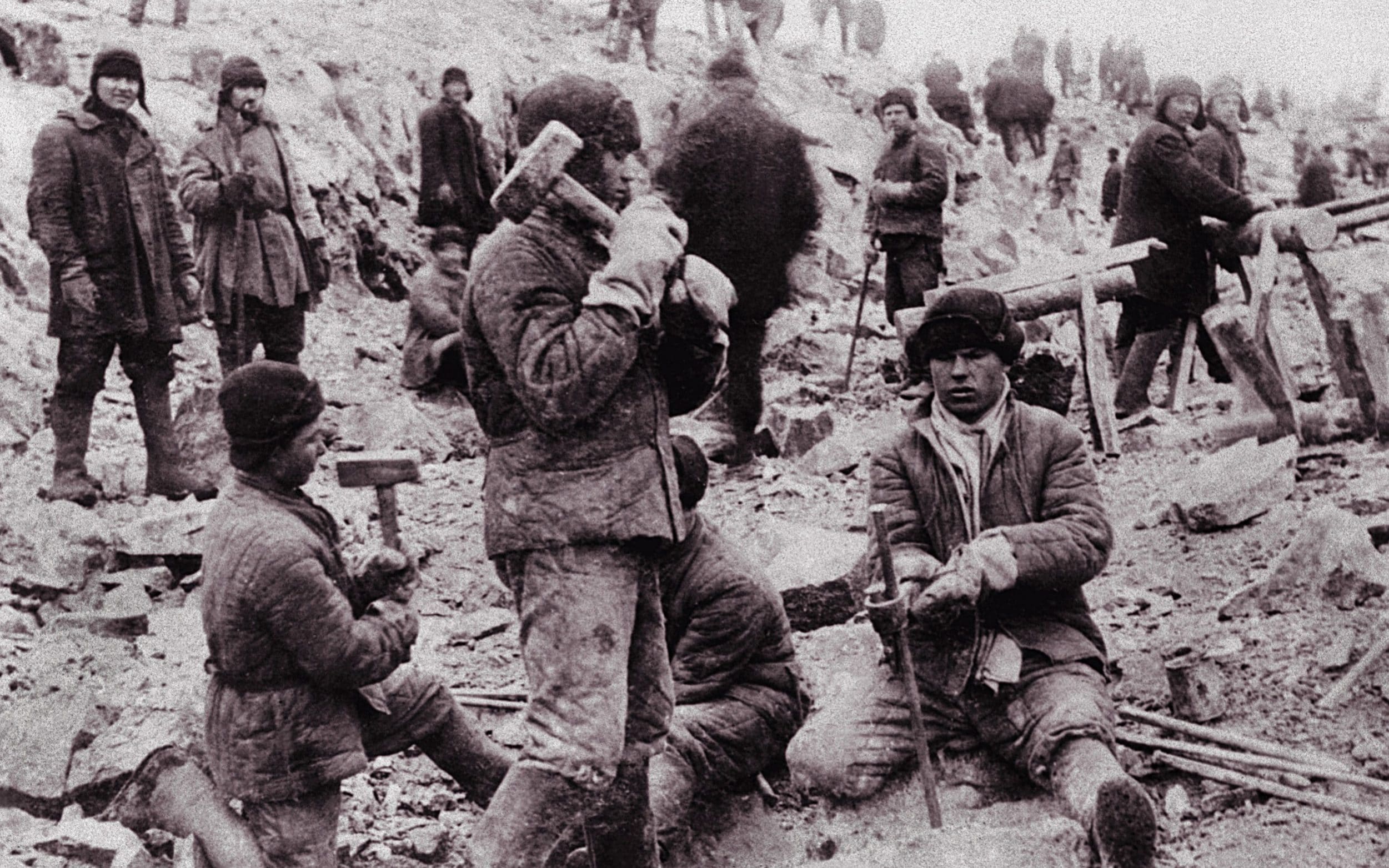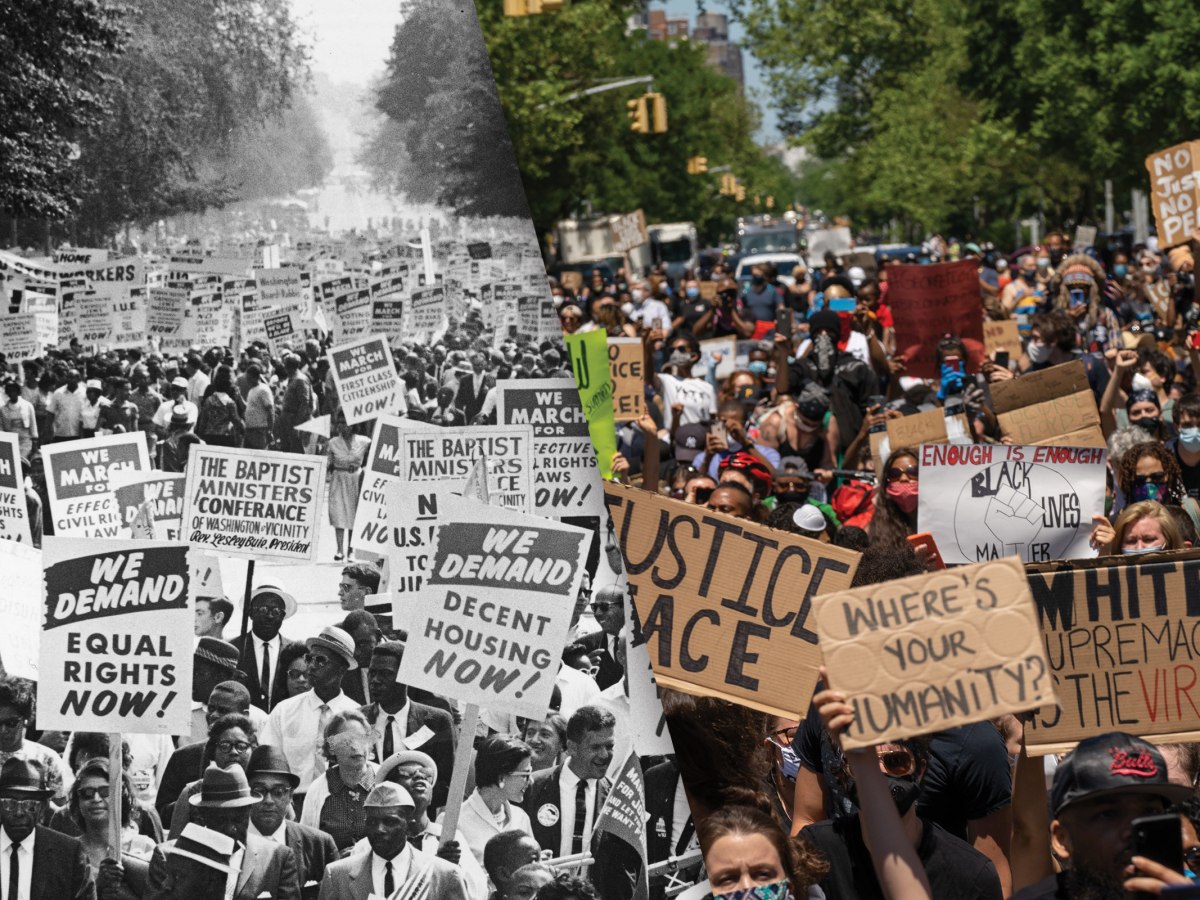For years I have always had a special appreciation for famous quotes throughout history. If I made a Top 10 Quote List for myself then C.S. Lewis and G.K. Chesterton would each hold multiple spots. Aristotle, Nietzsche, and Thomas Sowell would each have a spot as well. That said, quite possibly my most favorite quote of all time was said by Former Prime Minister Winston Churchill. In the midst of World War II, Churchill states:
“There comes into the life of every man a task for which he and he alone is uniquely suited. What a shame if that moment finds him either unwilling or unprepared for that which would become his finest hour”
– Winston Churchill
This quote has always resonated within me. Its challenging nature and the fact that you ought to be both willing and prepared – not just one or the other. You can substitute “man” in that quote for woman, husband, mother, fireman, teacher, etc and the principle remains. We must stand for what is good; otherwise something bad will happen.
One of my all-time favorite pastors recently said something in his sermon that I understand the intention but I disagree with it in totality. In relation to the increasing cultural shift and political unrest we see today, he said that we should not worry too much about what is happening. He adds that even though most of these societal shifts are unbiblical that we should keep our hope that God will work things out. Now, again, I understand what he means. Most importantly, I agree. It is true that God is sovereignly in control and our primary hope should not be in anything other than Jesus as our true savior. No politician nor any ideology can save us. Love wins. All truths. For the past year and half, I have heard this approach said over and over by fellow Christians and pastors. In a nutshell I see it as a passive response and as a crutch in order to avoid honestly engaging the culture. It is an incomplete approach to the full calling that God has on our lives. Lastly, I am tired of the simplicity in this outlook.
There is a fine line between relying on the sovereignty of God versus taking a Spirit-led action. We are seeing pluralism, sexual immorality, and secularism increasing in all institutions of society, including our churches and families, but we say almost nothing to combat it. Why is it assumed that relying on God is synonymous with us not doing anything to go against the secular and cultural movements we see today? This same logic is not applied in other areas of our lives:
If someone in our residential neighborhood is doing something that is detrimental to the neighborhood, will we not take steps to stop it? If there is someone in your church preaching a false gospel to others would the pastor be right in not stopping it?
The first thing you may notice in the two previous examples is that the factor of proximity matters. If someone does something detrimental in a neighborhood in Kansas how much am I called to do something if I live in Georgia? Surely there is a hierarchy of how we approach things that is natural and logically right. In Scripture we are called to cultivate our spouse first, then family, then our local church, and then the world. The problem is that we seem to have ignored that world piece all together.
When we look at examples that are not in as close proximity as family we begin to better see that this passivity is nothing new. Where was the massive Christian pushback during the governmental reigns of Soviet Russia and Maoist China’s Cultural Revolution? Where was the pushback by Christians during the murderous hangings of the Salem Witch Trials? How many Christians passively relied on God’s sovereignty during the centuries of the African Slave Trade?
Thank God that Jesus was present and had several of His followers actively engaging/opposing during all those horrendous times. But why did we have such small numbers? Part of our passivity seems to be from a fundamental lack of understanding of history, the dynamics of culture, social sciences, sin, and how all these aspects are intertwined together; even at the infinitesimal level. Even for some of us who have this understanding, the fear of what others will think of us if we speak up is too powerful to bear.
What is interesting about that Churchill quote is that for years prior to World War II he was one of the only people in Europe warning against the rise of Adolf Hitler. America and his own people in the United Kingdom chose to ignore him. As World War II progressed there were no masses of Germans protesting Hitler. The opposite occurred. As Hitler sought to conquer the world (while simultaneously killing Jews) most Germans either (1) turned their heads or (2) actively followed orders by participating in the genocidal acts. There were not many Winston Churchill types standing for truth. If today’s Christians were present in World War II time, what would we have done? What about today’s Social Justice Warriors? Would they stand up to Mao Zedong during his Struggle Sessions that publicly humiliated people while torturing others? From what I see today I have doubts that most in either group would actively stand for what is right and true.


Decades ago it was our failure to honestly discuss a strategic approach to the topic of homosexuality that allowed (1) the eventual growth of the LGTBQ influence that we see today and (2) some of the few Christians and churches who did stand up to unfortunately do so in an unloving manner. If we would have taken the cultural tides more seriously then we would likely have been able to better address this issue ahead of time. Instead we disengaged out of passivity, love, and fear of others.
Beginning in the 1950s, as secularism grew in academia, the universities and entertainment, the church by and large sat back once again. That secularism has grown into a more mature state today but we continue to sit back. We tend to be reactive instead of proactive. We have churches today that will do a sermon series on manhood but then ignore the fact that men have left the church in large numbers. We have many churches filled with women while the men are nowhere to be found. We rarely dive deep into the reasons why they have left and the possible implications of such.
There are an innumerable number of prominent Christians who have been outspoken against the sin of racism for years. Tons of churches have had multiple sermon series on racial reconciliation. You see, not too many pastors advocated for us not to worry about racism and to just trust that God will fix it in the end. Coincidently, we were on the same side as popular culture when we spoke out on those topics. On the flip side, for the past year, I can barely name a prominent Christian who has spoken out against the unbiblical nature of Critical Race Theory. There have been very few churches to boldly speak out against the sinfulness of the Anti-Racism Movement. Could it be because we would not be on the same side as popular culture in this case?
One thing we can predict from our past passivity is that more passivity today will not make things better. Our extraction from society has proven detrimental throughout history. Say what you want to say about social justice warriors and secularists but their boldness is to be admired. Their energetic zeal is analogous to new Christian converts in their early college years. If we are honest, most of us do not see that type of boldness and zeal in our fellow Christians. Shame on us all. What is sadder is that the few Christians who do stand for truth against these secular, cultural movements get rebuked by fellow Christians – especially on social media. They receive no encouragement or help. Instead those few Christians would speak up are called far-right, religiously bigoted, unloving conspiracy theorists who are too political and don’t believe the power of God. The disunity is astounding.
When we say “Let us trust in God” that could very well be Christian maturity and discernment speaking. Or, to the contrary, it could be our fear of man and ignorance speaking. Only honest introspection can figure out which is true in each person for each case.
The Christian should be careful not to run the risk of sitting in mediocrity. There is a concept named the Peter Principle (not to be confused with the Apostle Peter). It describes the scenario of a given population growing to a point where mediocrity becomes the norm. Therefore, the ability for a person to leap out of this mediocrity and conformity becomes difficult and feels unnatural – possibly even immoral. Other versions of this can be lukewarmness or indifference. This happens in companies, sports teams, governments and all other domains of society. Luckily the church has the power of the Holy Spirit if we are willing to accept the task at hand.
There is one final quote I will mention. In the movie, Remember The Titans, the football team falls apart after previously bonding together during their tough summer training camp. When their lives felt too hard due to racial tensions in the city the team crumbled. Two linemen suddenly call a team meeting in the middle the night. The first lineman tells the team: “…So what, we won a few games? And y’all fools think that’s something? Man that ain’t nothing y’all….Yeah we came together in camp but then we’re right back here and the world tells us that they don’t want us to be together. Then we fell apart like we ain’t a damn bit of nothing.” The second lineman follows by quoting Isaiah 40:
“Even youths grow tired and weary, and young men stumble and fall; but those who hope in the Lord will renew their strength. They will soar on wings like eagles; they will run and not grow weary, they will walk and not be faint.”
– Isaiah 40
There was actually a small set of Christians who publicly stood up to Hitler and Nazism during World War II, called The White Rose Movement. They hoped to counter Hitler’s ideology by explaining that the goals for Germany should be centered in Christ and should be about freeing its people. The White Rose openly distributed pamphlets with many of them getting their heads chopped off by guillotines as punishment. They had an almost certainty of dying but they stood firm anyways. That is boldness.

We will never see the eradication of suffering or secularism in this world. There is no perfect government just like there is no perfect church. The God of this age is sex and one of its weapons is cultural persuasion. This is why we see everything turned political today. Let us cultivate this world in truth and love, with boldness and zeal. May we be both willing and prepared for what is to come.






Well written
Really Good!